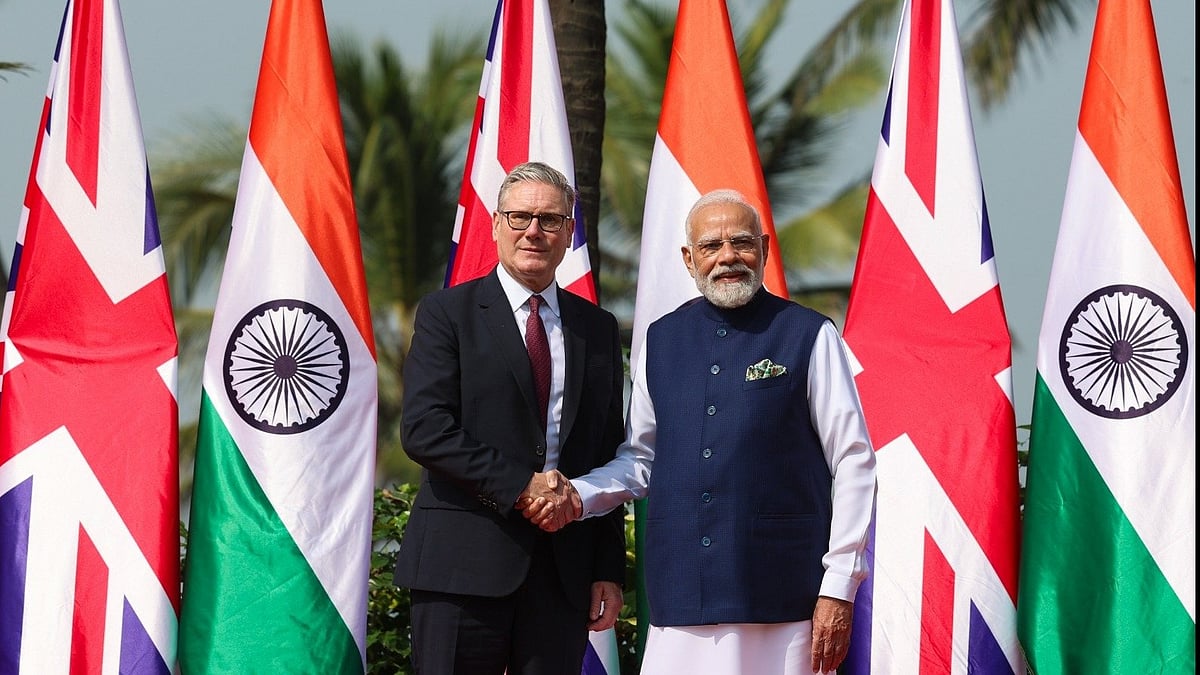Starmer’s India outreach also mirrors the complex balancing act his government faces domestically. While buoyed by a strong parliamentary majority, his administration must govern amid ongoing economic challenges and public expectations.
Inflation remains persistent, public services continue to feel pressure, and early signs show that the initial post-election optimism is evolving into a more measured, realistic assessment of the tasks ahead. Against this backdrop, the India visit offered a key moment, positioning Britain as still capable of shaping global partnerships that can deliver tangible benefits both internationally and back home.
The political calculus is equally sharp – Labour’s historical ambivalence toward India, particularly during Corbyn’s leadership, alienated many in the 1.8 million-strong British-Indian community. That disaffection translated into visible support for the Conservatives, who cultivated close ties with the BJP through diaspora networks such as the Overseas Friends of BJP (UK).
Beyond symbolism, the domestic dividends are real. Indian investment into Britain aligns with Labour’s core priorities: revitalising manufacturing, accelerating green jobs, and spreading economic opportunity beyond London. Technology partnerships also feed Starmer’s ambition to retool Britain’s workforce for a digital economy. In that sense, India is not just a foreign partner but an enabler of Labour’s domestic recovery agenda.
If sustained, this partnership could become a model for how middle powers navigate a fractured global order built on agility, reciprocity, and mutual respect. For Starmer, it is also a domestic project: using diplomacy as a lever for economic revival and national confidence. In an age tested by populism, protectionism, and conflict, the path from Mumbai may yet define how Britain rediscovers its place in the world, not as a nostalgic power but as a nimble one.
(Ashraf Nehal is a political and foreign policy analyst and a columnist primarily tracking South Asia. He can be reached on Twitter at @ashrafnehal19 and on Instagram at ___ashraf___19. This is an opinion piece. The views expressed above are the author’s own. The Quint neither endorses nor is responsible for them.)
